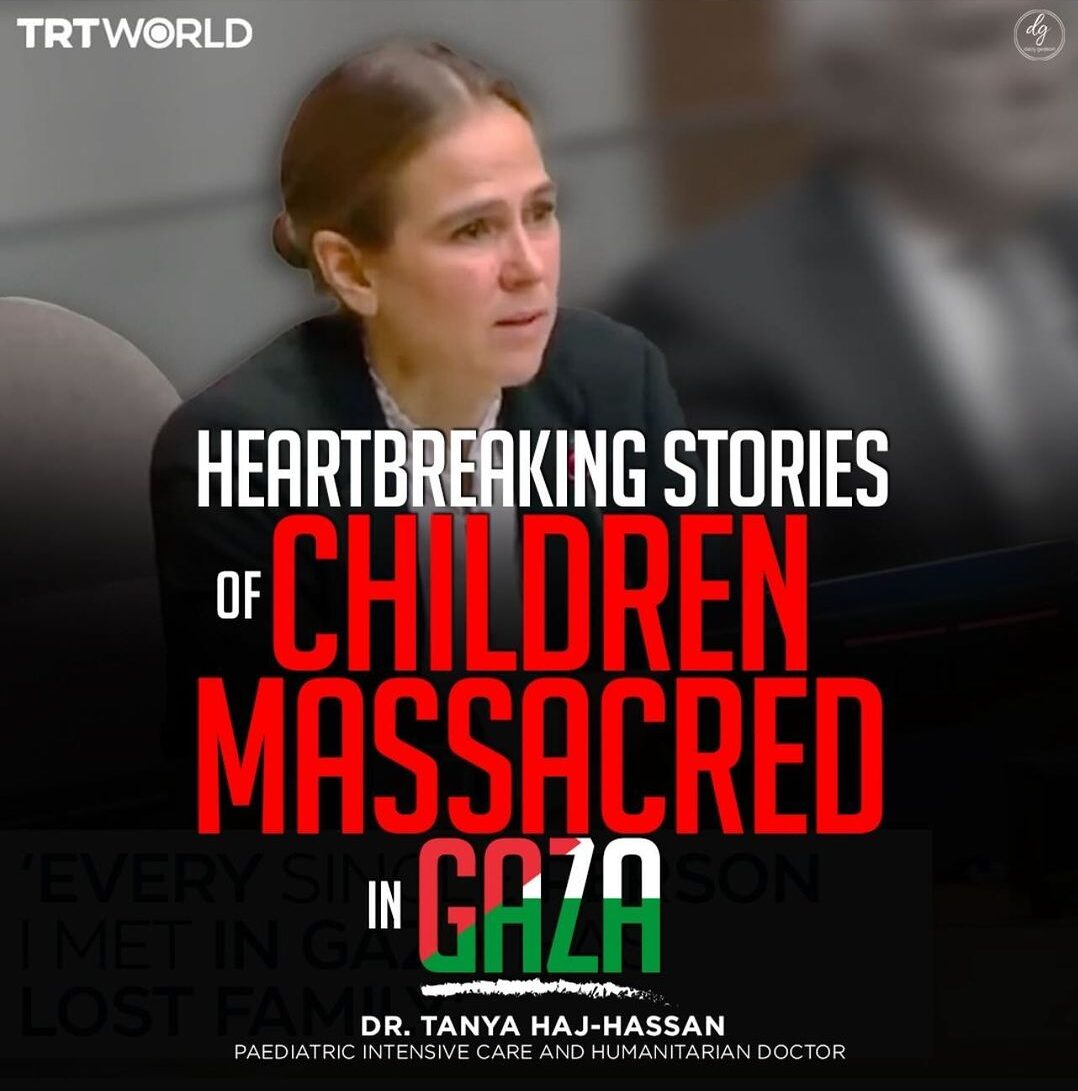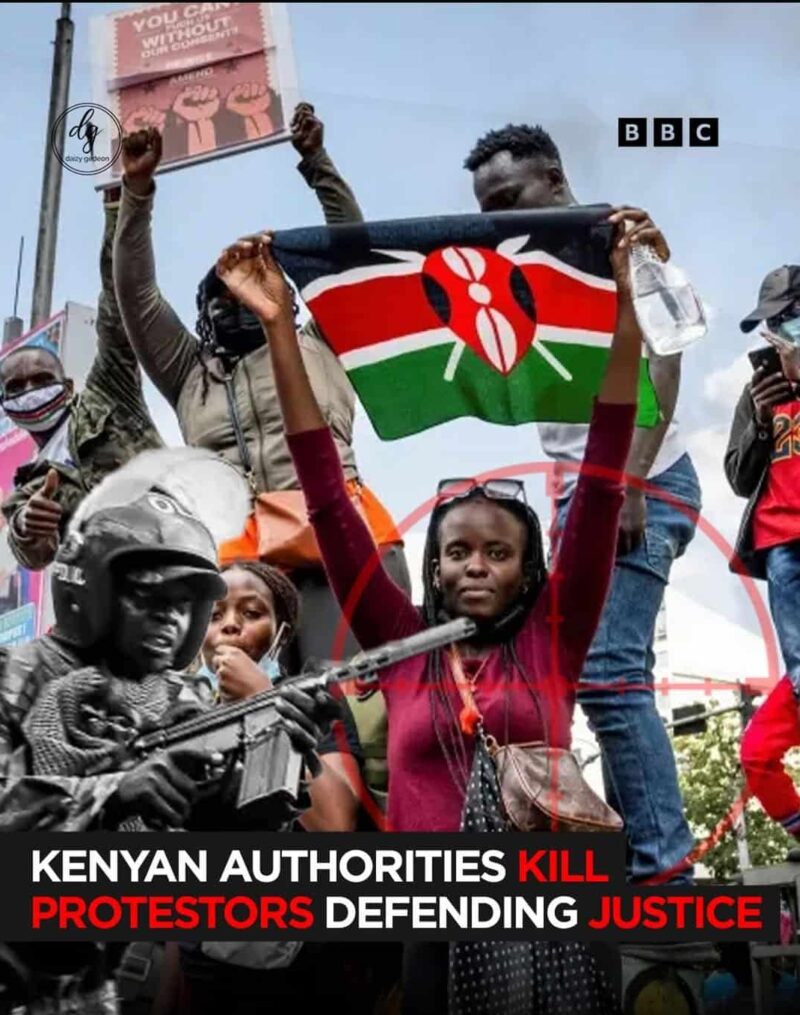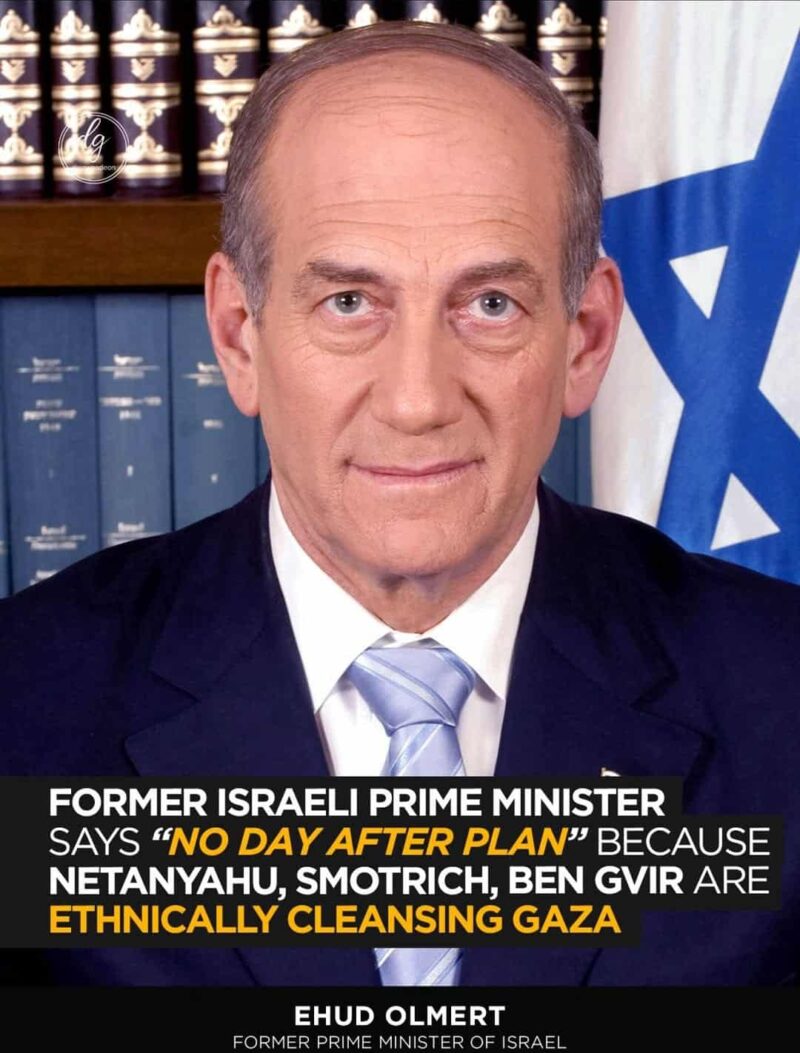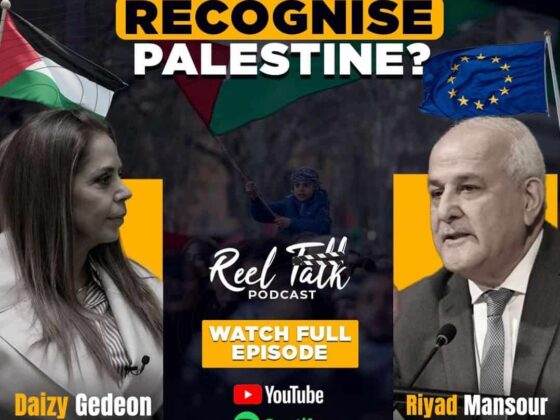Paediatric Doctor’s Stories of Children Massacred in Gaza
December 2, 2024“Our Palestinian colleagues are not here today because the system we currently exist in don’t recognise the value of Palestinian life”
Dr Tanya al Haj breaks down during a UN session as she shares testimonies from Gaza detailing the dire healthcare crisis. Over 1,000 healthcare workers have been killed, hundreds are in Israeli captivity, and at least four have died while detained, their bodies still held by Israel.
@trtworld
English Script:
Dr. Tanya Haj-Hassan: “I want the whole world to know that I’m a human being. At the end, I am not pen on paper. I’m not anonymous. I’m a human being created by God”. Every single person I met in Gaza has lost family, has lost friends, colleagues, neighbors violently taken from them. I remember six-year-old Siwar, who was intubated in ICU with severe traumatic brain injury. Her little brother, still missing. I recall her mother sitting next to her, tears streaming down her face, asking what was her crime? I didn’t have the heart to tell her that Siwar with her beautiful long, dark lashes and curls would likely never talk or interact fully, if she were to survive. Or the lovely older gentleman who helped carry the injured into the emergency department, comforting them in any way he could, cleaning the pools of blood after every mass casualty. I saw him daily and had assumed he was a hospital employee, only to later learn that he had started volunteering at the hospital after his entire family had been killed at the beginning of the genocide, or 13-year-old Amer, who sustained severe neck trauma after his home was bombed and kept calling for his sister. He didn’t recognize that she was the girl in the bed next to him, because she had been burned beyond recognition. When she died, Amer was left as the only surviving member of his family. I recall his vacant stare and his soft voice whispering into my ear, “I wish I had died with them. Everyone I love is in heaven. I don’t want to be here anymore”. I want you to take a second and imagine all of the children that I just spoke about. Their mothers, their fathers desperately seeking medical care and searching for hope in one of the few remaining hospitals in Gaza. Then the electricity cuts out, the entrance to the hospital, struck by a missile. The hospital is threatened with forced displacement orders again. This is only one dimension of this apocalyptic situation. Everything needed to sustain life is under attack in Gaza. One day, someone will dig up the records of our testimonies, pleading for 14 months. They will dig up the records of Palestinians covering their own genocide, when international journalists were unprecedentedly banned from entering. Palestinian children setting up press conferences to tell the world that their lives mattered. We will have to reckon with that history. “Why aren’t Palestinians the ones speaking for our cause? Why are we not there and able to speak? The Palestinian people, the people in Gaza? Why not me? Why not my neighbor? Why not my colleague?” Our Palestinian colleagues are not here today because the systems we currently exist in don’t recognize the value of Palestinian life. As one volunteer surgeon said, “when I was in Gaza, I felt like it was a prelude to the end of humanity”. What happens now that all of these lines have been crossed? What sort of world have we descended into?






